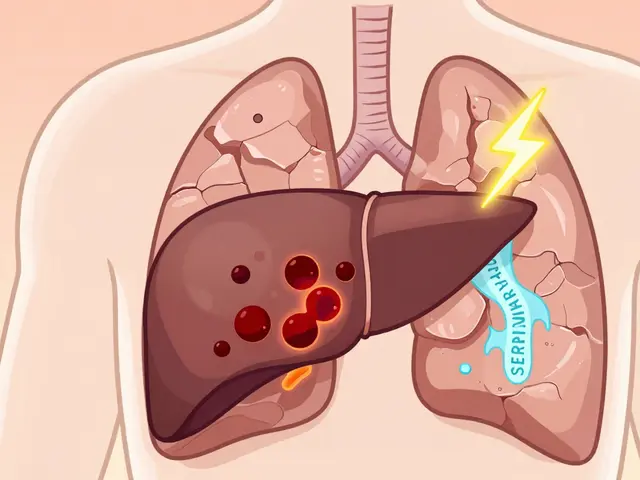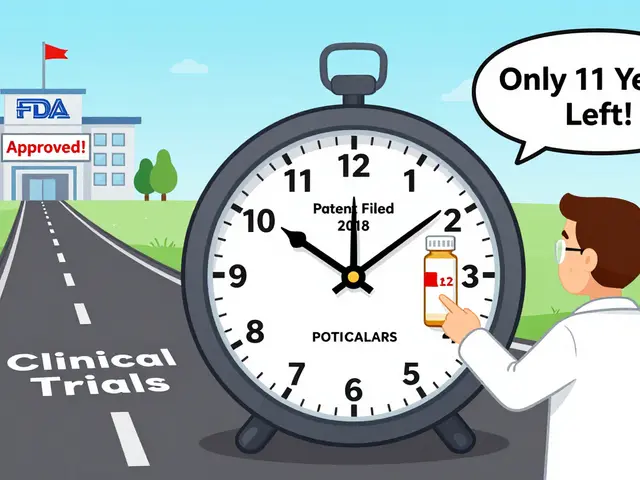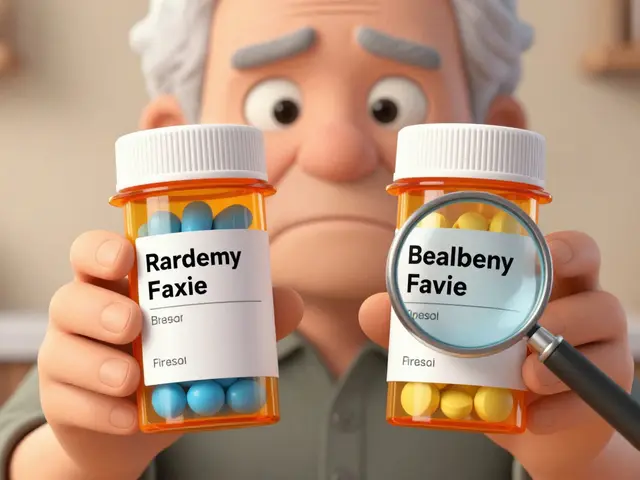Valsartan-Hydrochlorothiazide: What You Need to Know
Valsartan-hydrochlorothiazide is a single pill that mixes an ARB (valsartan) with a thiazide diuretic (hydrochlorothiazide). Put simply: one drug relaxes blood vessels, the other helps your body get rid of extra salt and water. Together they lower blood pressure more than either alone. Curious if it’s right for you? Read on for clear, useful info.
How it works and who might take it
Valsartan blocks angiotensin II, a chemical that tightens blood vessels. Hydrochlorothiazide makes your kidneys remove sodium and water, which lowers blood volume. Doctors commonly prescribe this combo when single medicines don’t control blood pressure well. People with high blood pressure, especially those who need both vessel relaxation and fluid control, may benefit.
This medicine isn’t for everyone. If you have severe kidney problems, very low blood pressure, or certain allergies, your doctor may choose something else. Pregnant people should not take it—talk to your provider if pregnancy is possible or planned.
Common side effects, interactions, and practical tips
Expect some side effects early on: dizziness when standing, mild dehydration, or increased urination. Some people notice muscle cramps, headache, or lightheadedness. Serious but rare issues include very low blood pressure, kidney changes, or high potassium (more with different drugs). If you feel faint, have chest pain, or notice swelling, get medical help.
Drug interactions matter. Combining this pill with lithium, certain diuretics, NSAIDs (like ibuprofen), or other blood pressure drugs can change how it works or raise side effect risks. Herbal supplements and some antibiotics can also interfere. Always tell your doctor about every medicine and supplement you take.
Small habits make a big difference: take the pill at the same time each day, usually in the morning. Drink water, but avoid sudden large drops in salt intake unless your doctor says so. Stand up slowly to avoid dizziness. If you miss a dose, take it when you remember unless it’s almost time for the next one—don’t double up.
Regular checks matter. Your doctor will likely ask for blood tests to watch kidney function and electrolytes, and will check your blood pressure often until it’s stable. If you notice unusual symptoms like persistent cough, severe weakness, or swelling, contact your healthcare team.
Want to learn more or check options? Use reliable sources and ask your pharmacist or doctor for brand differences, generics, and cost-saving tips. UniversalDrugstore.com offers articles about blood pressure meds, side effects, and alternatives—search our site or reach out if you can’t find what you need.
Valsartan-Hydrochlorothiazide and Pregnancy: Safety Concerns and Alternatives
In my latest blog post, I discuss the safety concerns associated with the use of Valsartan-Hydrochlorothiazide during pregnancy. This combination drug is typically used to treat high blood pressure, but its use during pregnancy can potentially lead to harm for the fetus. I delve into the risks involved and why it's generally not recommended for expecting mothers. Moreover, I explore several alternative treatments that are safer to use during pregnancy. This post aims to provide crucial information for pregnant women and their healthcare providers.
Read More




